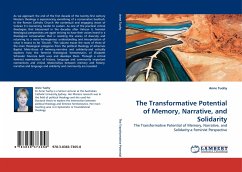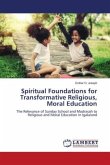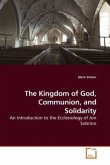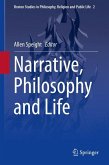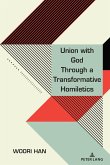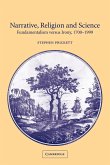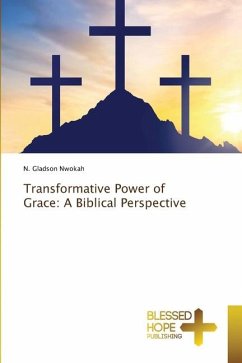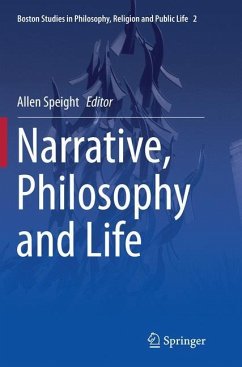As we approach the end of the first decade of the twenty-first century Western theology is experiencing something of a conservative backlash. In the Roman Catholic Church the contextual and engaging vision of Vatican II is becoming harder to sustain. As one of the practical critical theologies that blossomed in the decades after Vatican II, feminist theological perspectives are again striving to have their voices heard in a theological conversation that is resisting the voices of diversity and returning to a more homogenous understanding and interpretation of what it means to be Church. This volume traces the roots of three of the main theological categories from the political theology of Johannes Baptist Metz-those of memory,narrative and solidarity-and critically explores how the feminist theological hermeneutics of Elisabeth Schüssler Fiorenza both uses and develops them. Through a critical feminist examination of history, language and community important connections and critical relationships between memory and history, narrative and language and solidarity and community are revealed.
Bitte wählen Sie Ihr Anliegen aus.
Rechnungen
Retourenschein anfordern
Bestellstatus
Storno

